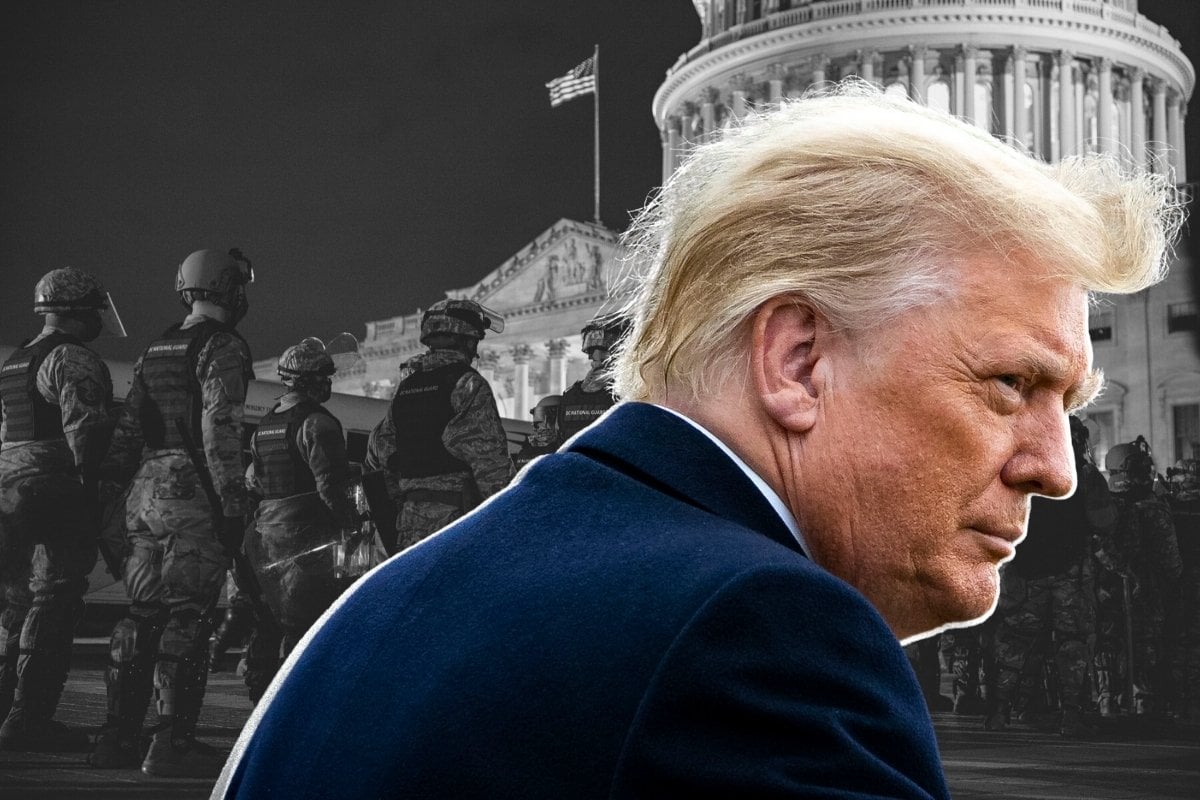
President Trump has just two weeks left in office, but after the violent riot at the US Capitol building on Wednesday, some of his colleagues simply aren't willing to wait that long.
Democratic leaders and at least one Republican are mounting calls for Trump to be stripped of his powers and for Vice President Mike Pence to act in the role until President-elect Joe Biden is inaugurated on January 20.
So, is that possible? How could they make it happen? And just how likely is it they'll succeed.
Let's take a look.
But first, a quick recap of what happened at the Capitol.
On Wednesday, US time, the world watched in disbelief as a mob of United States citizens laid siege to the seat of their country's democracy.
Watch: CNN's Van Jones points to the hypocrisy of the response to the Capitol rioters.
As US Congress prepared to formally ratify the results of the November presidential election, a group of dozens of protestors loyal to outgoing Republican Donald Trump battered their way into the Capitol building, forcing evacuations and the deployment of the National Guard.
As they surged towards the House of Representatives chamber, one among the group was shot and killed by a Capitol Police officer tasked with guarding the members of Congress sheltering inside.




























































































